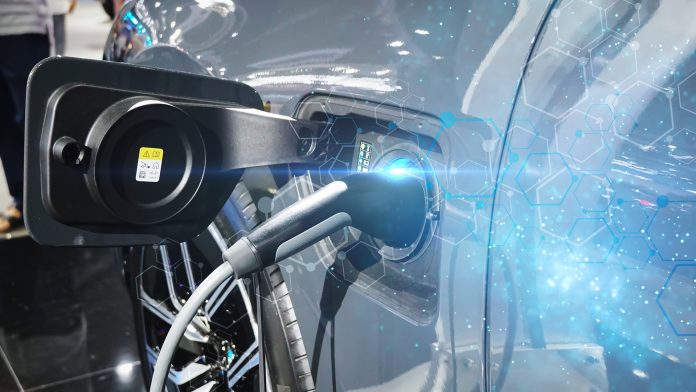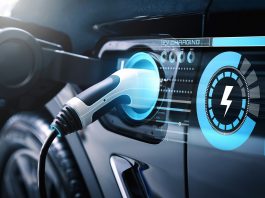A revolutionary development in lithium-ion battery technology promises to enhance the performance, stability, and lifespan of batteries in electric vehicles (EVs).
This innovation, spearheaded by a research team at the Korea Electrotechnology Research Institute (KERI), aims to overcome the challenges associated with fast charging.
This milestone in fast-charging EV batteries could prove crucial in increasing the adoption of EVs.
Enhancing EV battery performance
The team focused on improving the charging and discharging stability of lithium-ion batteries, especially under fast-charging conditions.
Traditionally, increasing energy density in these batteries has involved thicker electrodes, which often leads to battery degradation and reduced performance during rapid charging.
Innovative coating technique
The breakthrough came from partially coating the anode surface of lithium-ion batteries with aluminium oxide (Al₂O₃) particles smaller than one micrometre.
Unlike many approaches that modify the internal materials of the electrode, the team utilised a simpler technique to apply this coating.
Aluminium oxide, known for its excellent electrical insulation, heat resistance, chemical stability, and mechanical properties, was found to manage the interface between the anode and the electrolyte effectively.
This coating forms an efficient pathway for lithium-ion transport, preventing the detrimental electrodeposition of lithium during fast charging.
Boosting energy density
This coating technique offers another significant advantage: it increases the energy density of lithium-ion batteries.
Conventional methods that introduce functional materials into the electrode interior can complicate the synthesis process and reduce the amount of reversible lithium, leading to thicker electrodes and performance issues during fast charging.
However, by treating the surface of the graphite anode, KERI’s technology achieves stable performance without compromising the amount of reversible lithium, even in high-energy-density, thick-film electrodes.
Promising test results
In various tests, the aluminium oxide-coated high-energy-density anode demonstrated world-class performance.
The batteries maintained over 83.4% of their capacity even after 500 cycles of rapid charging. This impressive performance was verified with pouch cells of up to 500mAh, showcasing the potential for real-world application.
The research team is now focusing on scaling up this technology to make it applicable to larger, medium- to large-capacity cells.
This development marks a significant step forward in the quest for efficient, long-lasting, and fast-charging EV batteries, potentially accelerating the adoption of electric vehicles worldwide.









